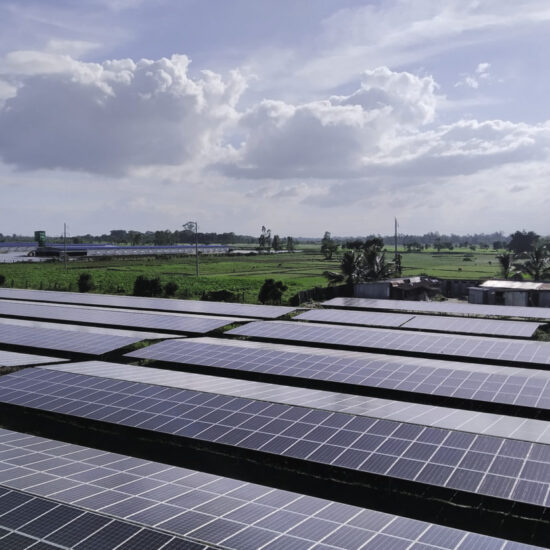
A recent report has revealed that the Energy Regulation Board (ERB) has accumulated a surplus of over K455 million.
According to the Auditor General’s report as of 31st December 2022, ERB- recorded surplus revenue of collective K455, 875, 182 for financial years 2020, 2021, and 2022 respectively.
The surplus was attributed to the improvements in debt collection and the increase in licenses issued in the petroleum and renewable energy sectors. The report however has indicated that ERB recorded deficits of K1, 527,410 and K13, 089,571 in 2020 and 2021 respectively, and a surplus of K44,031,611 in 2022.
The deficit in 2020 has been attributed to bad debts provisions made on agency fees whereas the deficit in 2021 was attributed to the increase in the provision for gratuity and service benefits. The surplus recorded in 2022 was mainly attributed to growth in the energy sector.
The report further showed that a review of the Statements of the financial Position for the period under review revealed an increase in receivables by K55,691,986 from K35,696,660 in 2020 to K91,388,646 in 2022. It also revealed an increase in payables by K17,650,809 from K21,260,735 in 2020 to K38,911,544 in 2022.
With regards to Weakness in Enforcement, section 4(u) of Part II of the Energy Regulation Act No. 12 of 2019 states, “The functions of the Energy Regulation Board are to — (u) impose an administrative penalty against a licensee for violation of license conditions under a license held by the licensee, or for failure to abide by the directives issued under this Act or any other relevant written law; among others.” Section 52(2) of Part VIII General Provisions states, “If a person, on whom an administrative penalty is imposed, by this section, fails to pay the penalty within the time ordered by the Energy Regulation Board, the Energy Regulation Board may recover the penalty by action in a court of competent jurisdiction.” Further, the Enforcement letters have a clause stating that the penalty should be paid within seven (7) days of the receipt of the letter.
The report however indicated that amounts totaling K421, 450 charged as penalties regarding enforcement cases involving twenty-four (24) Licensees were not collected within the seven (7) days. It was further noted that there was no evidence availed to confirm that the affected Licensees were taken to court by the Board.
The report further noted that amounts totaling K498,955,555 were outstanding from three (3) entities in respect of license fees as of 31st August 2023. It was noted that out of the K498, 955,555 that was outstanding, 99.8% was owed by ZESCO Ltd.
Under staff-related matters, the report revealed that amounts totaling K1,734,219 were paid as responsibility allowance to eleven (11) officers who were appointed to the Integrity Committee for fourteen (14) months between November 2019 and December 2020. A review of minutes further revealed that during the period under review, the Integrity Committee had six (6) meetings, and was also not clear as to why management decided to pay responsibility allowance instead of sitting allowances which were paid to other Committees, thereby making the payment questionable.
It was noted in the report that section 11 of the Management and Non-Represented Staff – Terms and Conditions of Service 2020 of the Energy Regulation Board, (Acting Appointment, Additional Responsibility, Promotion, and Demotion) states, “All acting appointments whether for convenience or promotions and additional responsibility should be made in writing by the Director General before commencement of such appointments.” Further, Section 11.2.1 Additional Responsibility states, “To meet operational requirements, employees may from time to time be assigned alternative functions in addition to their normal duties at equivalent or higher grades than their substantive grade, and that where an employee is assigned additional responsibility for a minimum of ten (10) calendar days, he/she shall be entitled to be paid an additional responsibility allowance at 25% of the employee’s substantive salary on a pro rata basis.”






